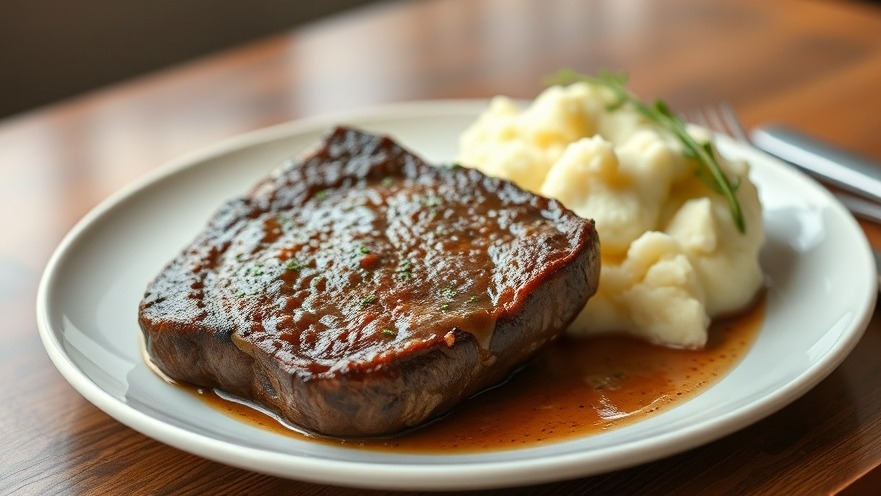
The Impact of Your Diet on Gut Health
Through the lens of a concierge medicine practice, understanding the foods we consume becomes paramount, not just for patient wellness, but also for fostering meaningful connections. Food doesn't just act as sustenance; its influence on our health can be profound and lasting, particularly when considering how long these items may stick around in our systems. Nutritionists have identified specific foods that can linger in the gut for extended periods, leading to potential discomfort and long-term health implications.
What Foods Are Causing Digestive Distress?
Nutritionist Adrienne Benjamin points out that several common foods deserve scrutiny. Notably, red meat, often celebrated for its protein content, can take up to 72 hours to fully digest. While it serves as an excellent protein source, its prolonged presence in the gut can lead to bloating, discomfort, and sluggish digestion. It’s essential for medical practitioners to educate patients about potential digestive delays and guide them in balancing their dietary choices.
Complex Carbohydrates vs. Fatty Foods: The Digestive Dilemma
While complex carbohydrates are beneficial for maintaining blood sugar levels and overall health, fatty foods often create more challenges for our systems. Foods rich in unhealthy fats can contribute to digestive problems like bloating and discomfort. Fast foods, traditionally high in both refined sugars and unhealthy fats, markedly impact gut flora negatively. Educating patients in your concierge practice about these nuances can enhance their dietary choices and improve their long-term health.
Why Sweetened and Fizzy Drinks Are Best Avoided
Another category that often flies under the radar includes sweetened beverages and baked goods. Despite their appeal, these processed foods lack nutritional value and can disrupt gut health, causing an influx of unhealthy bacteria. As any good concierge physician knows, emphasizing preventative care—including dietary choices—can contribute significantly to patients' overall wellness.
Suggestions for a Healthier Gut
So, what can practitioners suggest when patients inquire about healthier eating habits? Gentle recommendations like incorporating ginger for its digestive support and consuming probiotics-rich foods like kefir can make a notable difference. High-fiber vegetables such as broccoli and sweet potatoes enhance digestive flow, promoting a balanced microbiome. These actionable insights allow for promoting dietary improvements within the patient’s lifestyle.
How Knowledge of Nutrition Can Enhance Patient Connections
For owners of concierge medical practices, these insights aren’t merely about improving health; they help establish deeper connections with patients. By sharing knowledge of the gut’s workings and dietary influences, practitioners can elevate the standard of care, transitioning from a transactional interaction to a meaningful relationship built on empathy and understanding.
Conclusion: Empower Patients with Knowledge
As you focus on enhancing your concierge medical practice, remember that implementing nutritional education can significantly impact patient health. Leverage these insights to foster open discussions on dietary habits and promote a culture of wellness. Guiding patients through informed dietary choices empowers them to take charge of their health, creating an environment of mutual care and responsibility.
For those interested in improving patient communications, consider exploring techniques to create stronger relationships through shared knowledge about nutrition and overall well-being.
 Add Row
Add Row  Add
Add 






Write A Comment